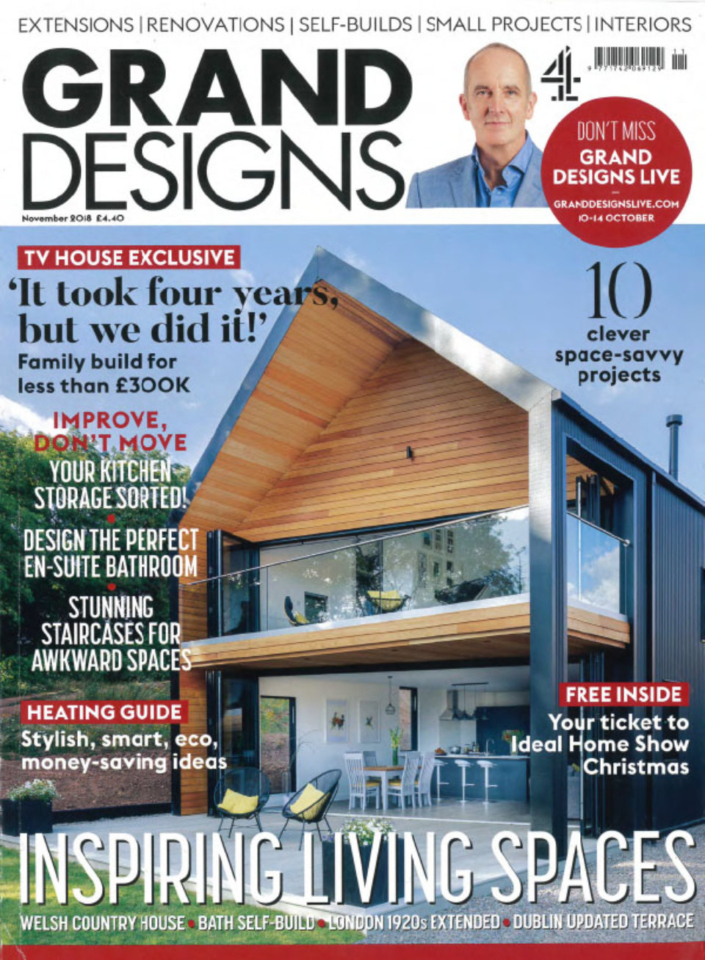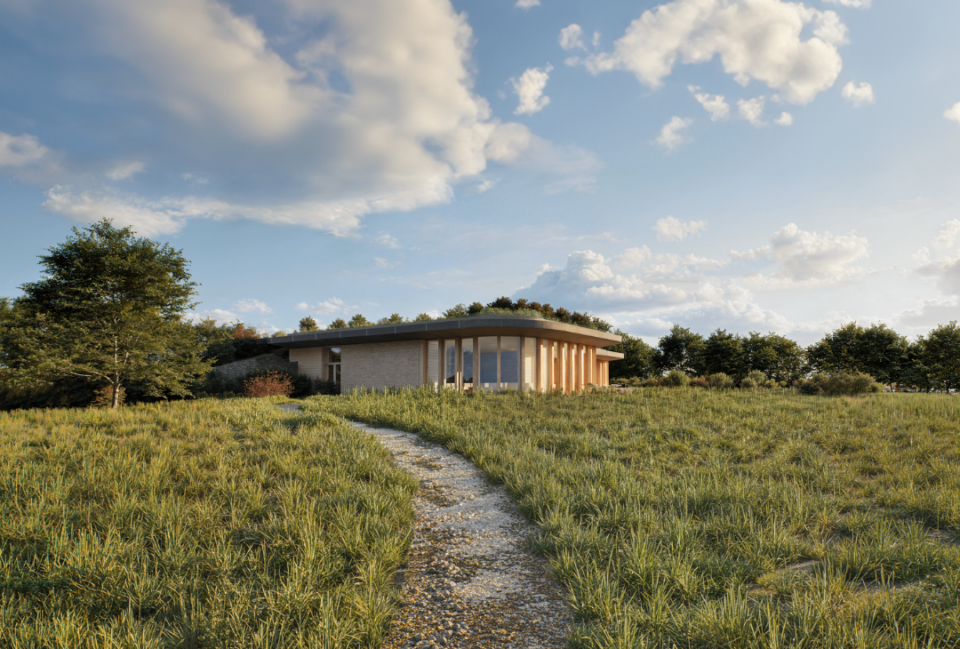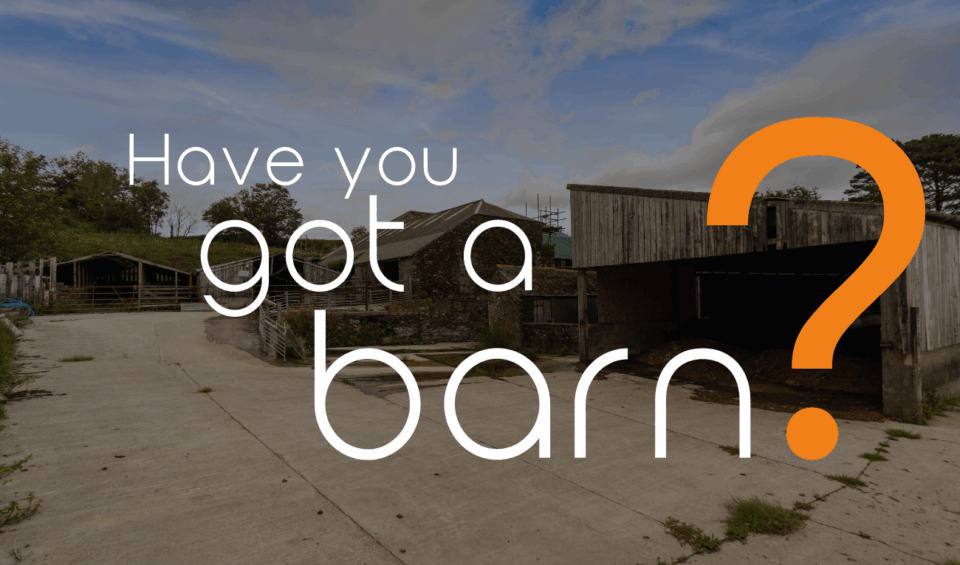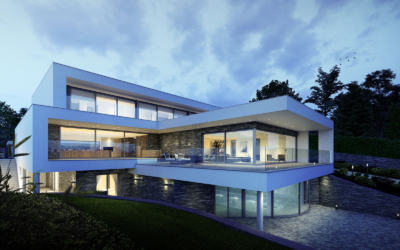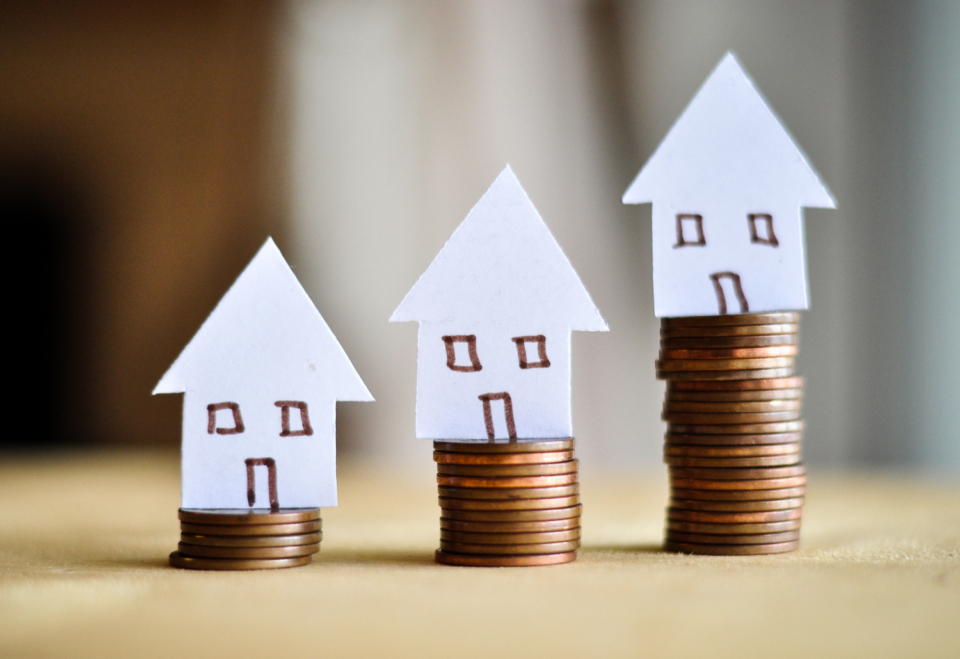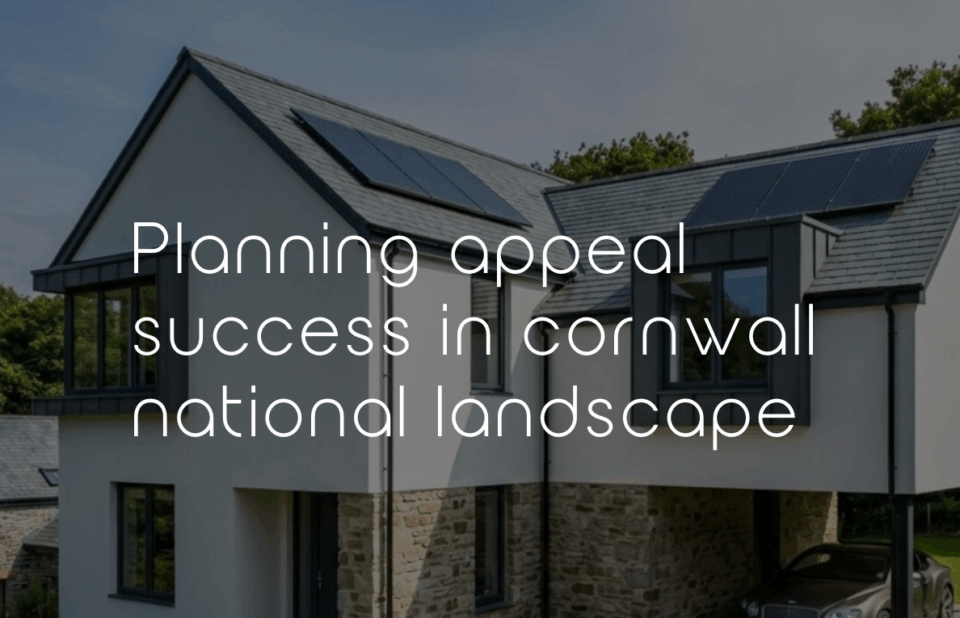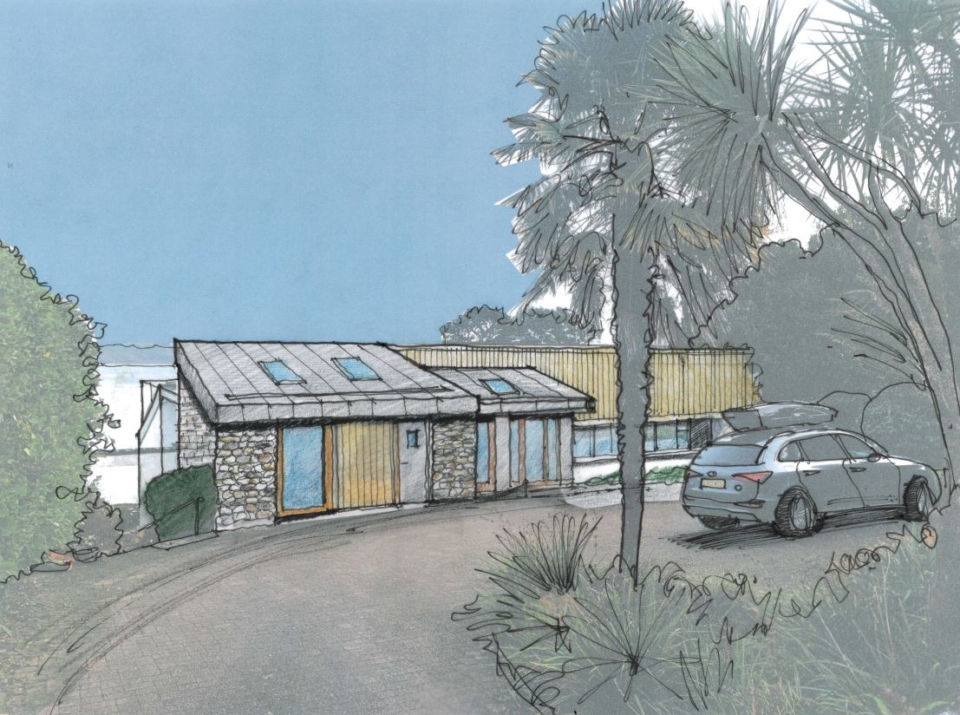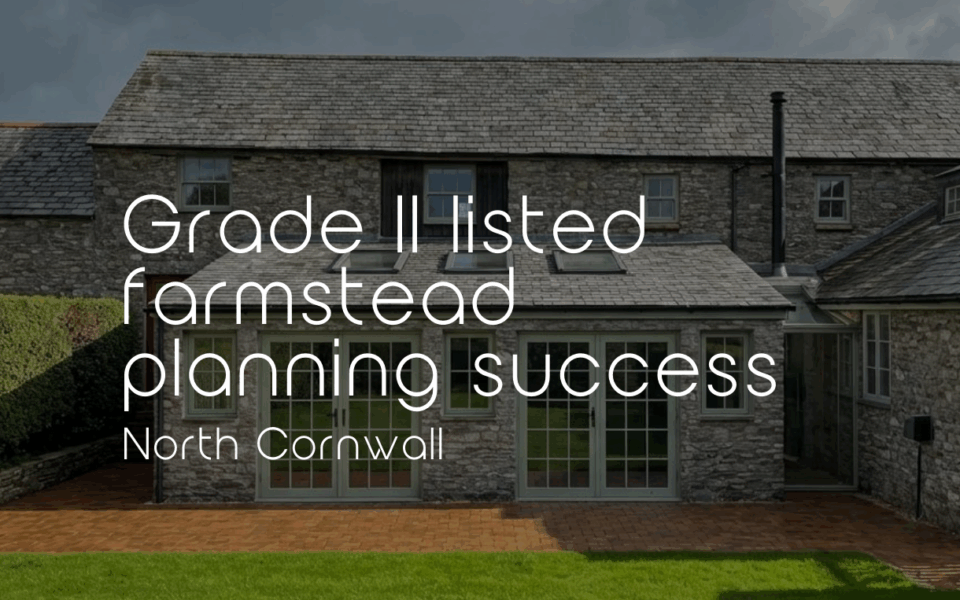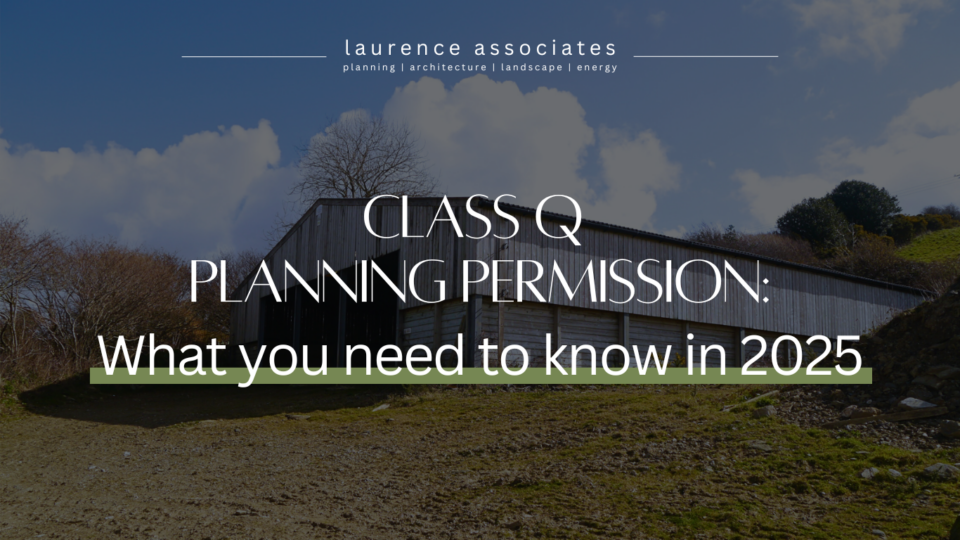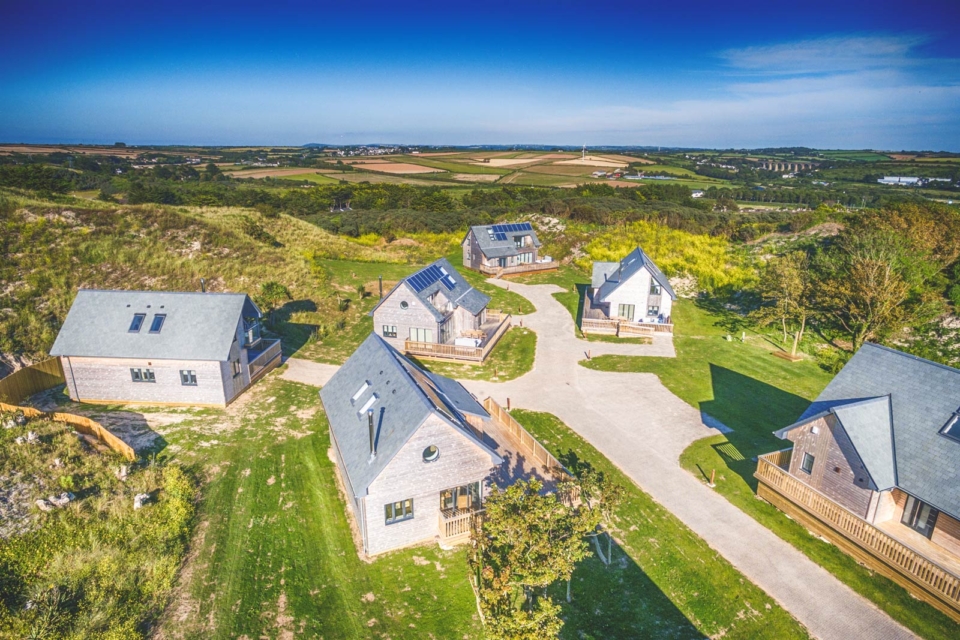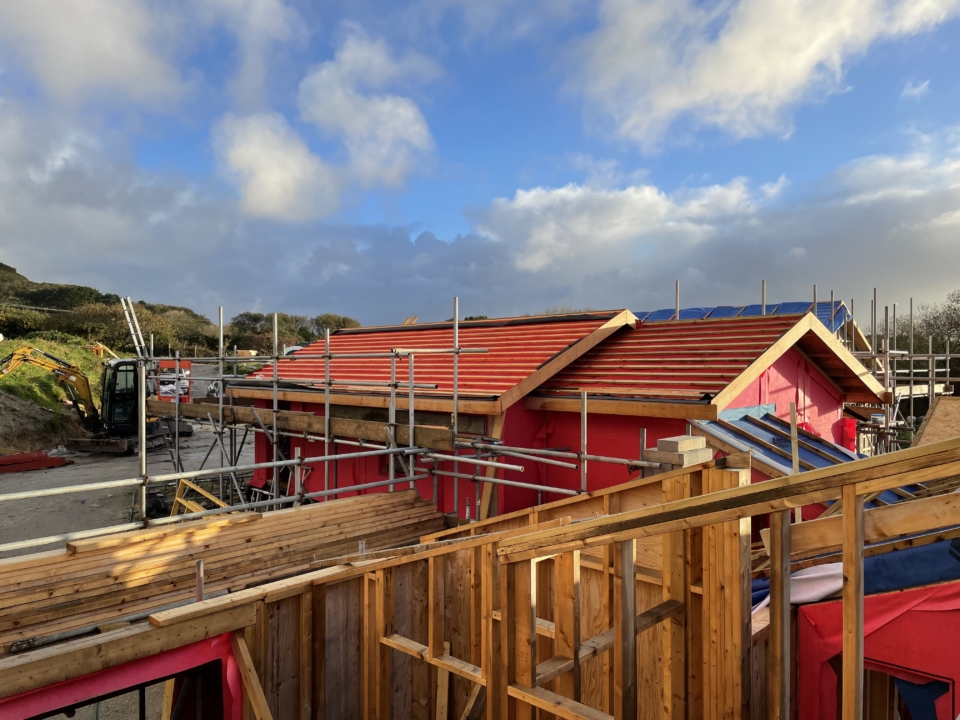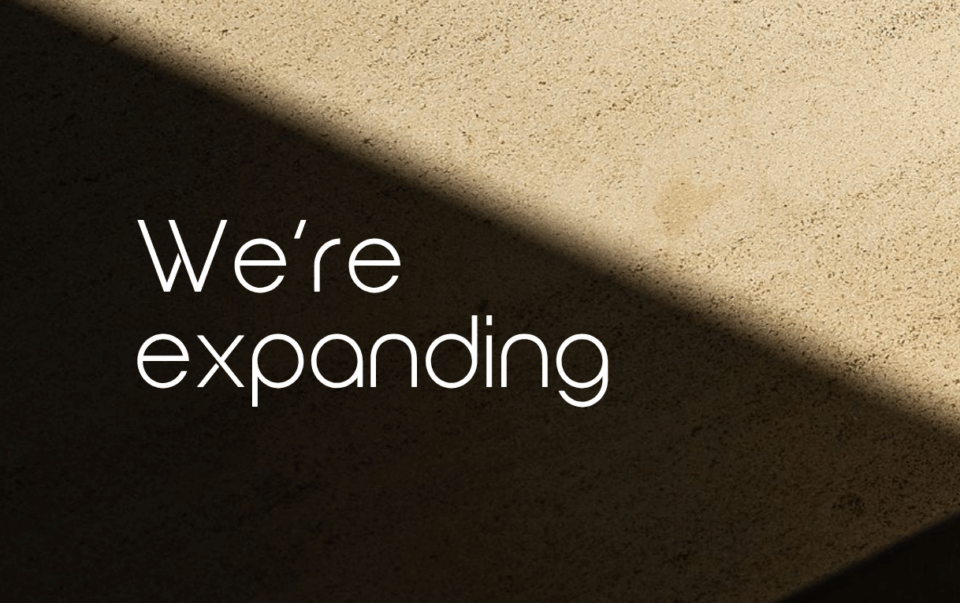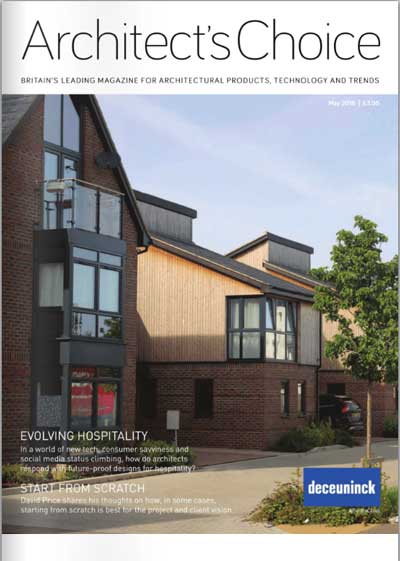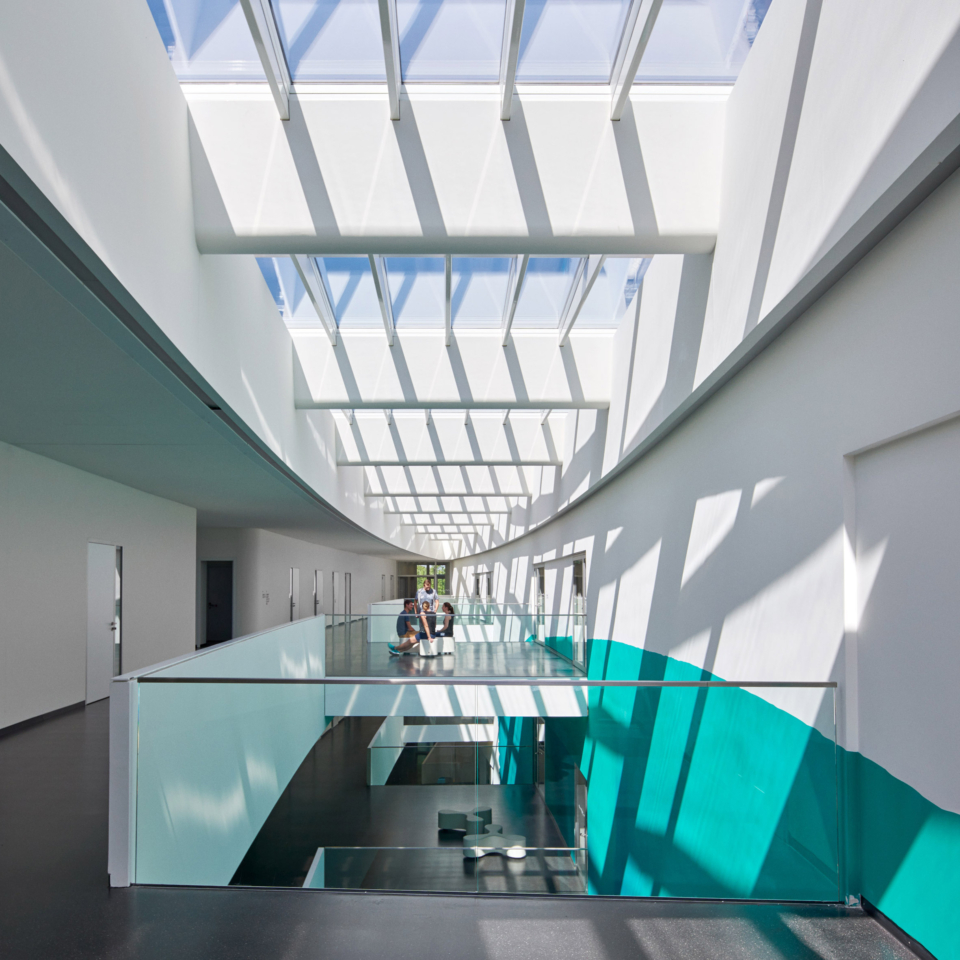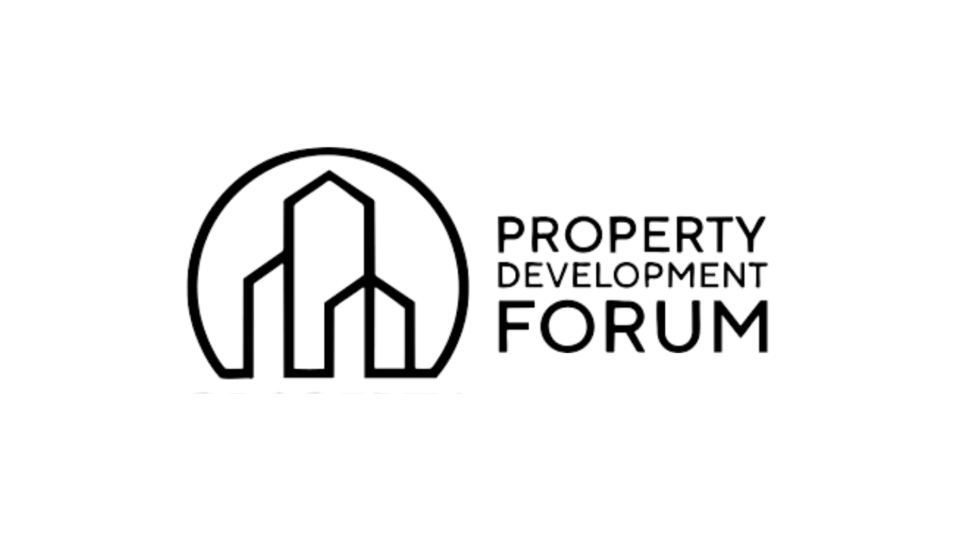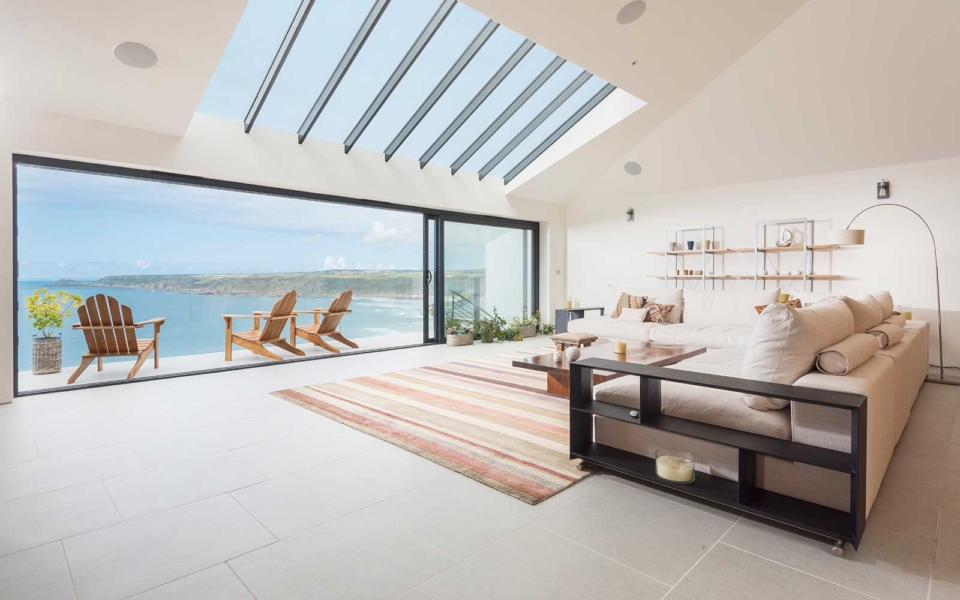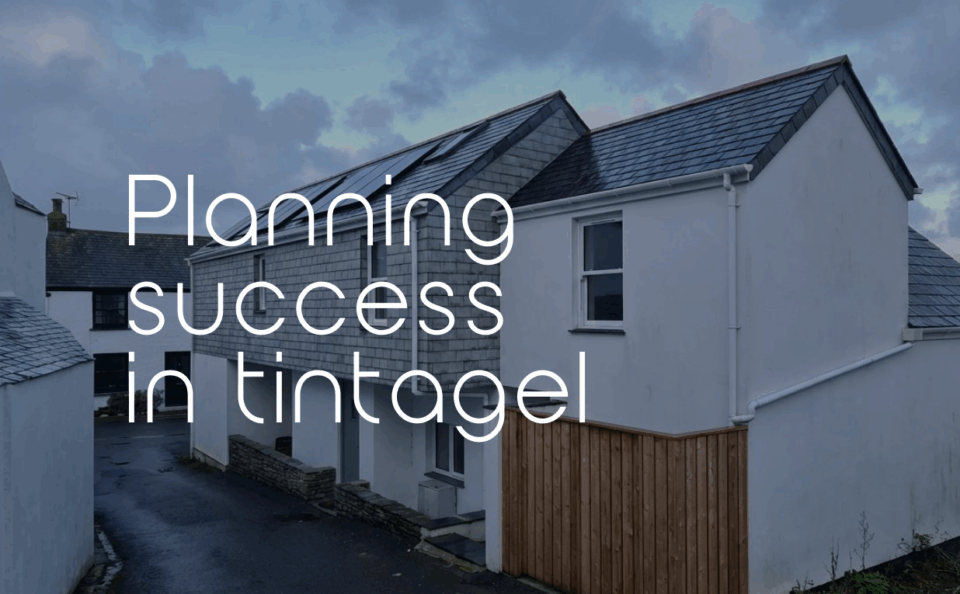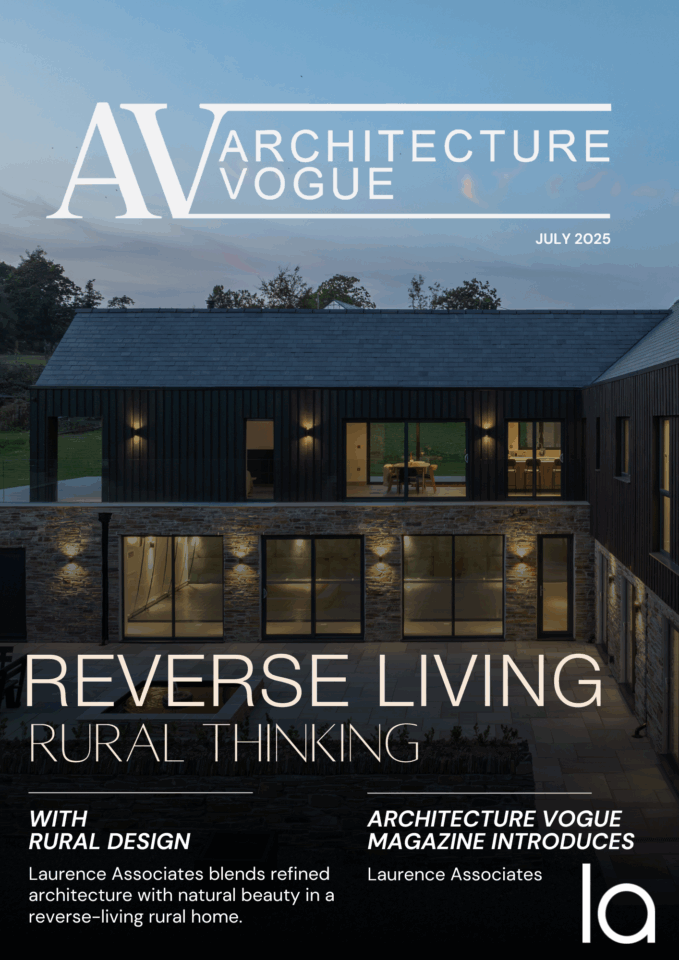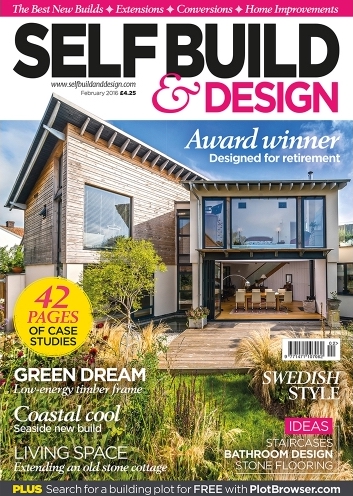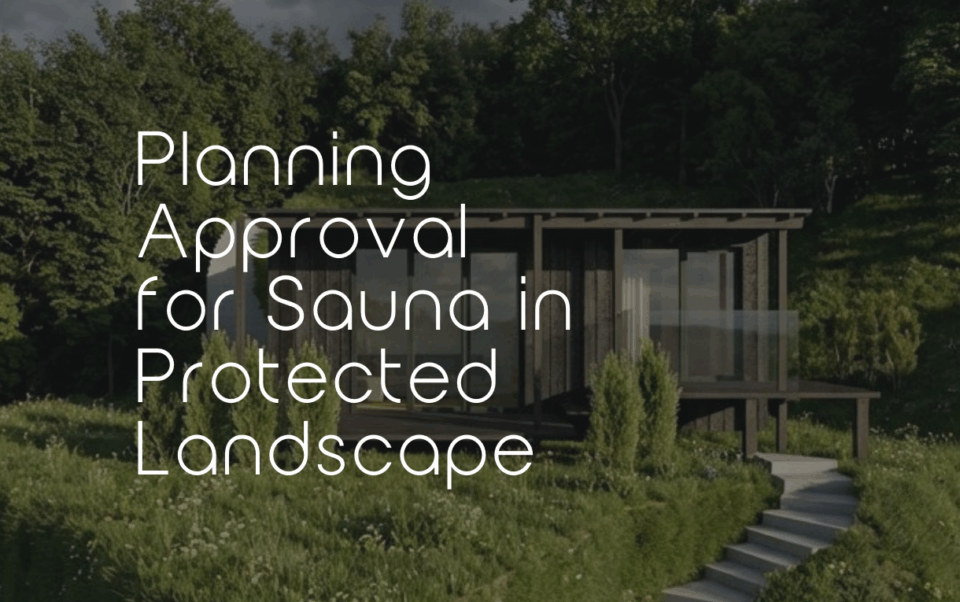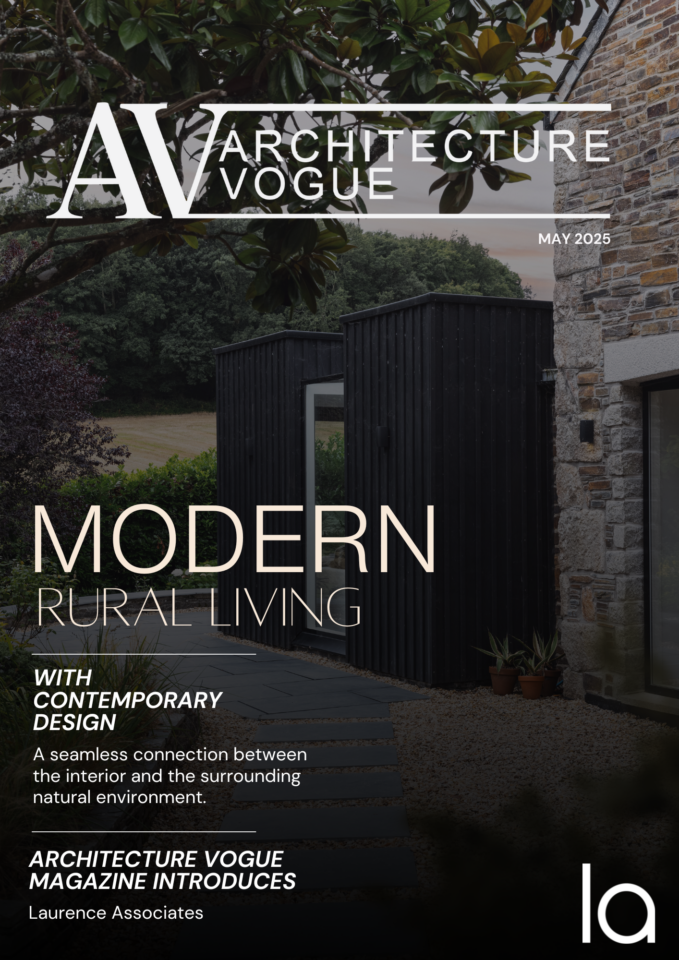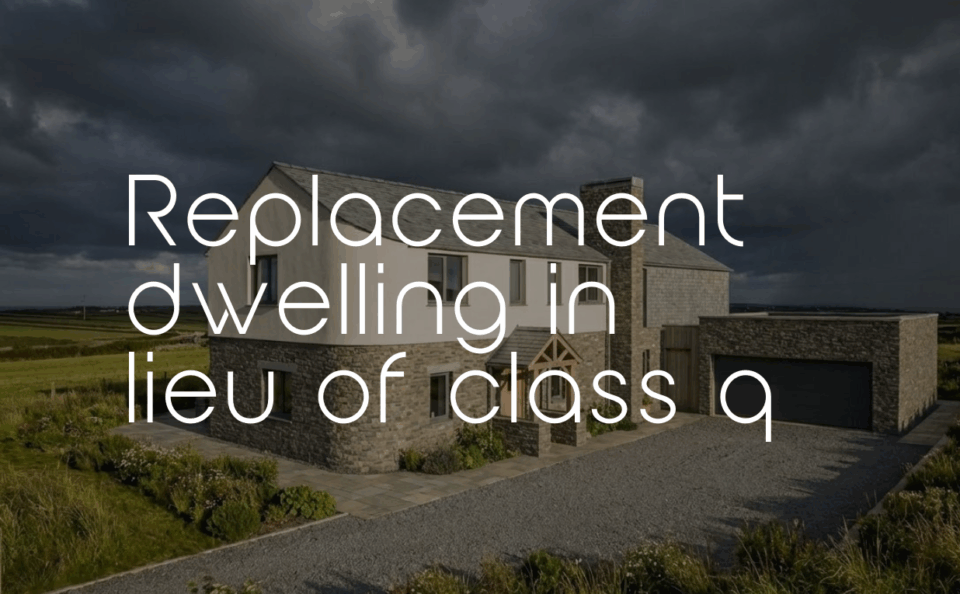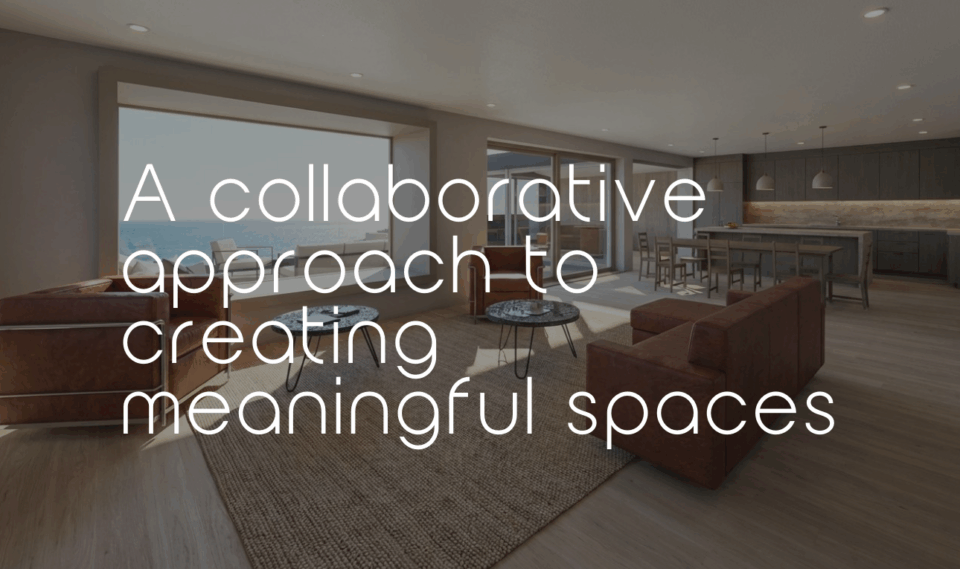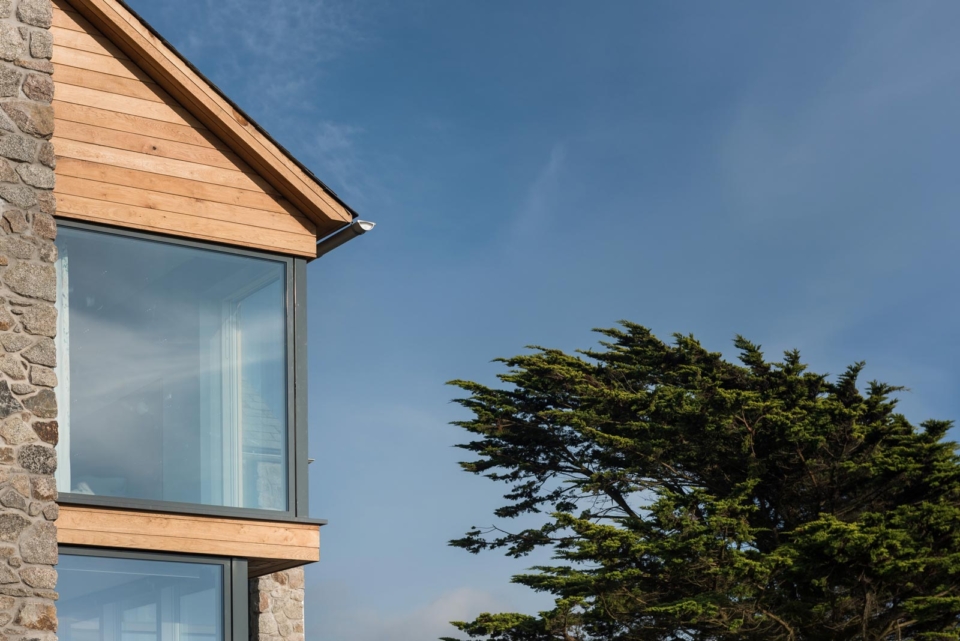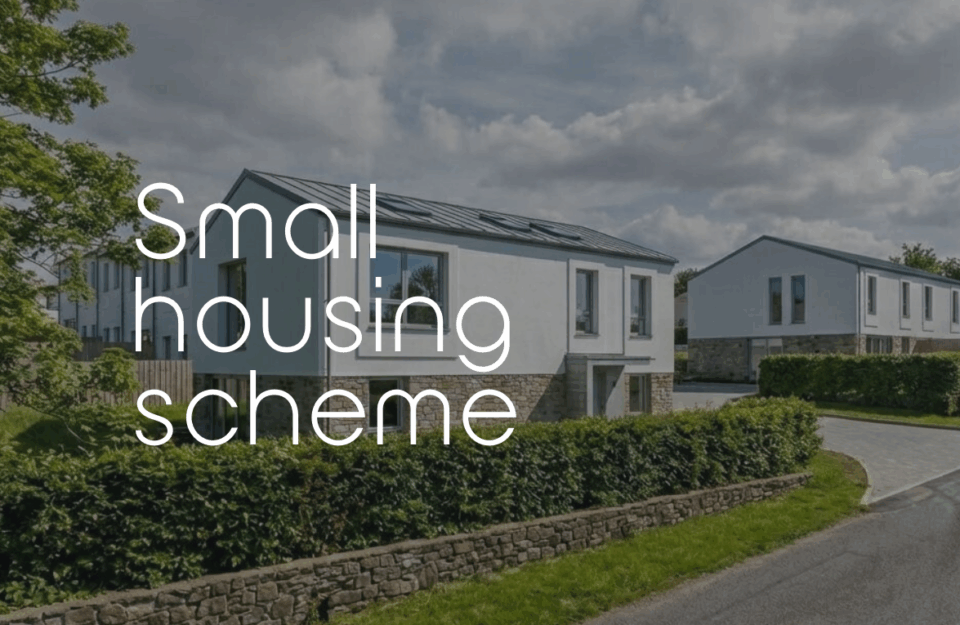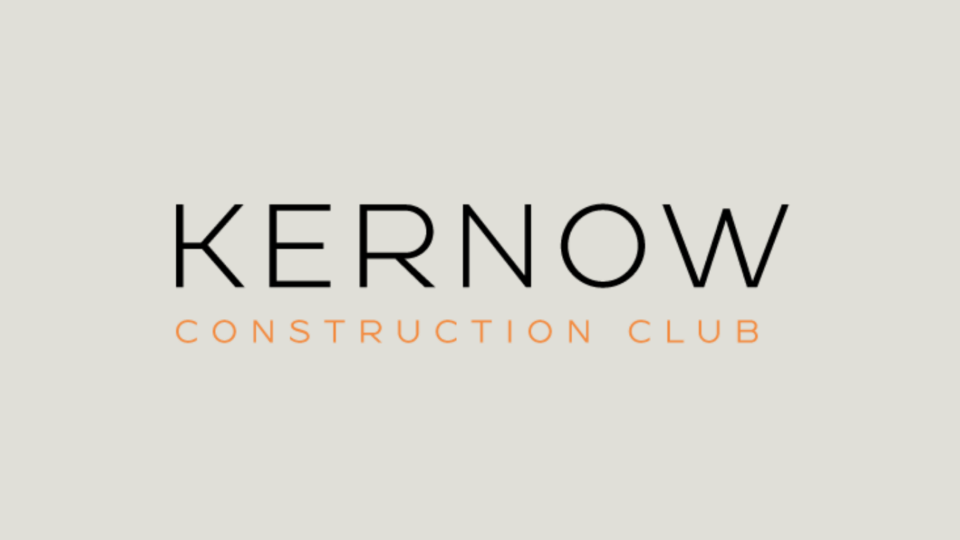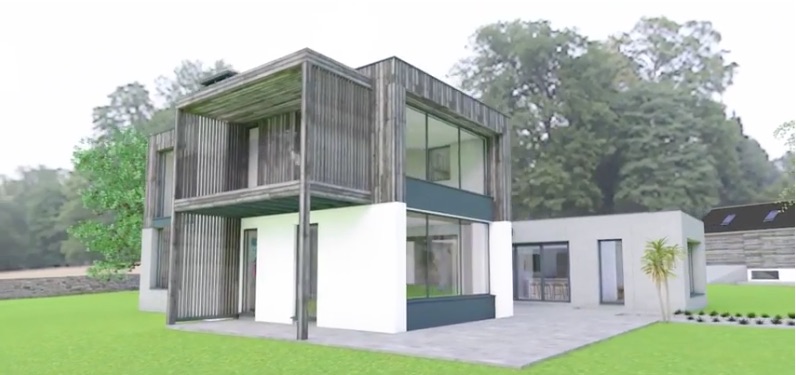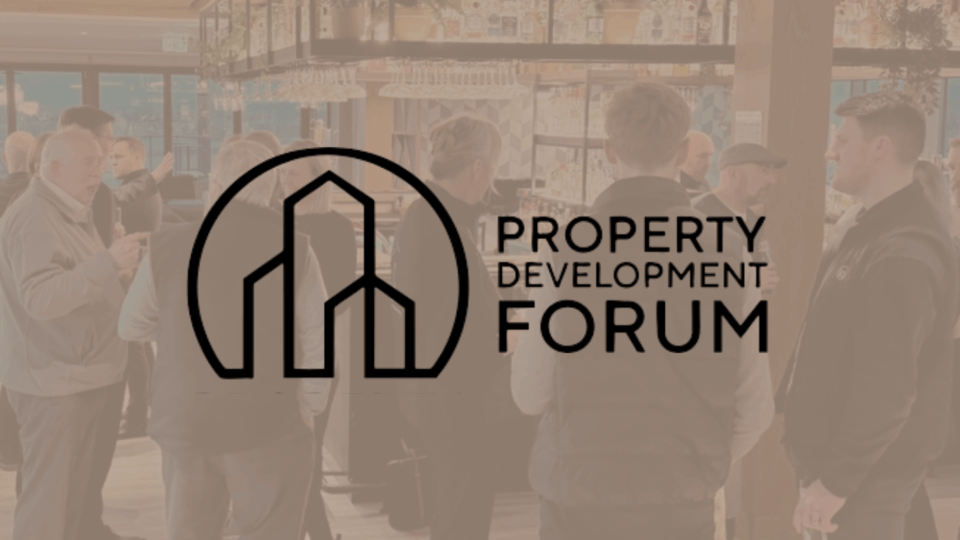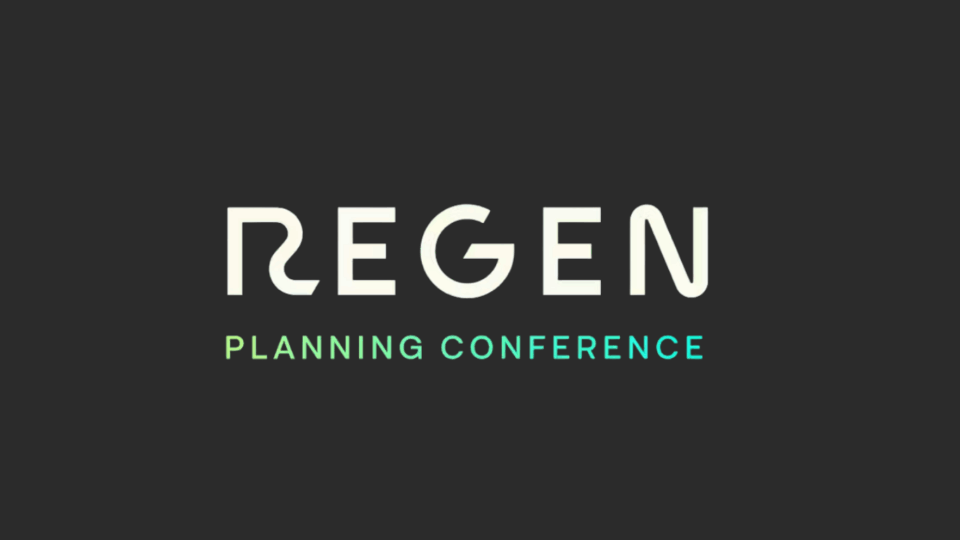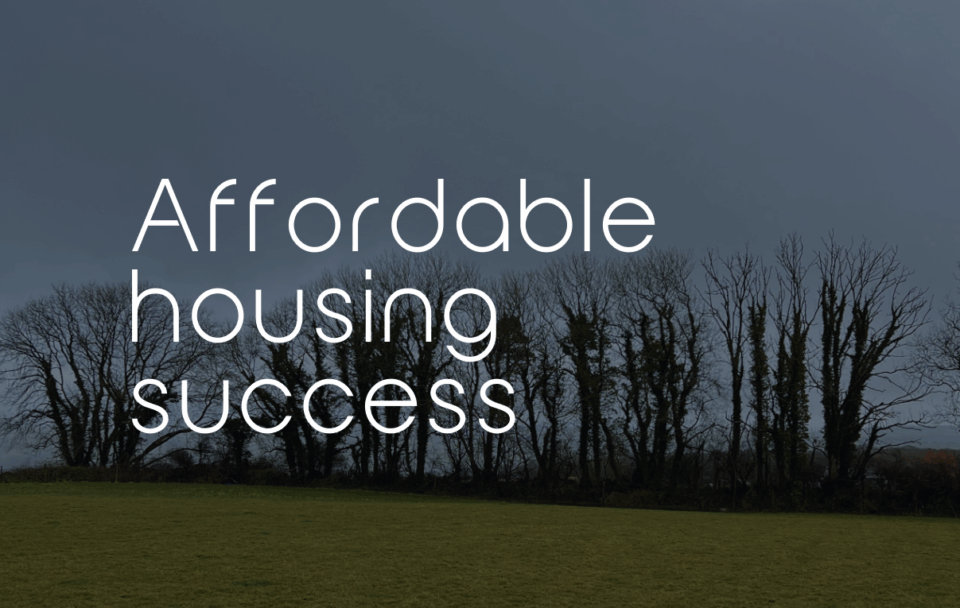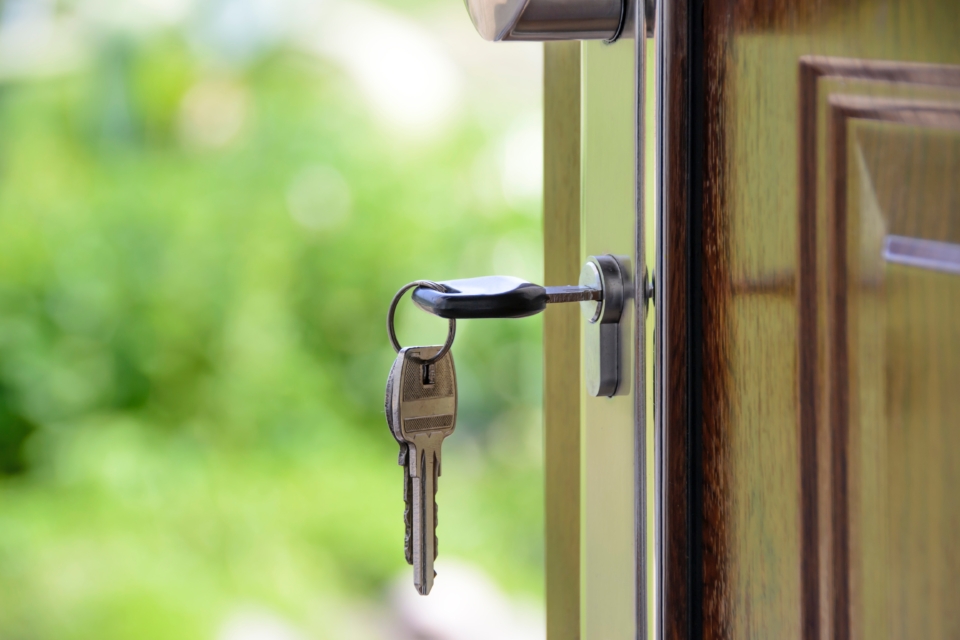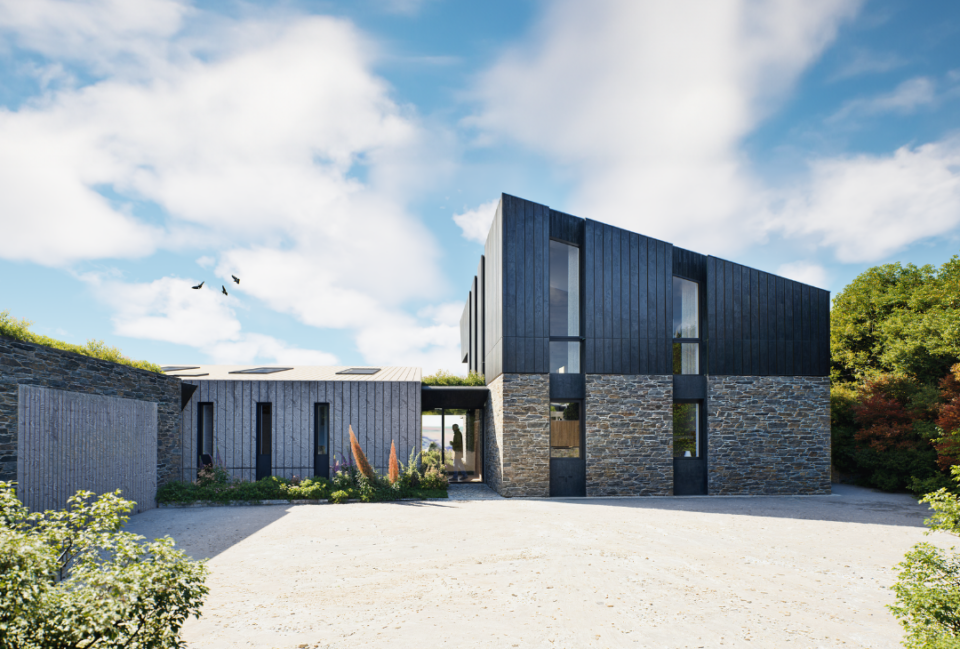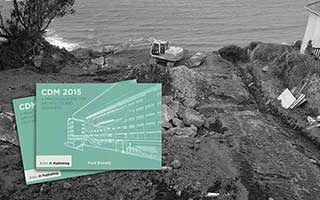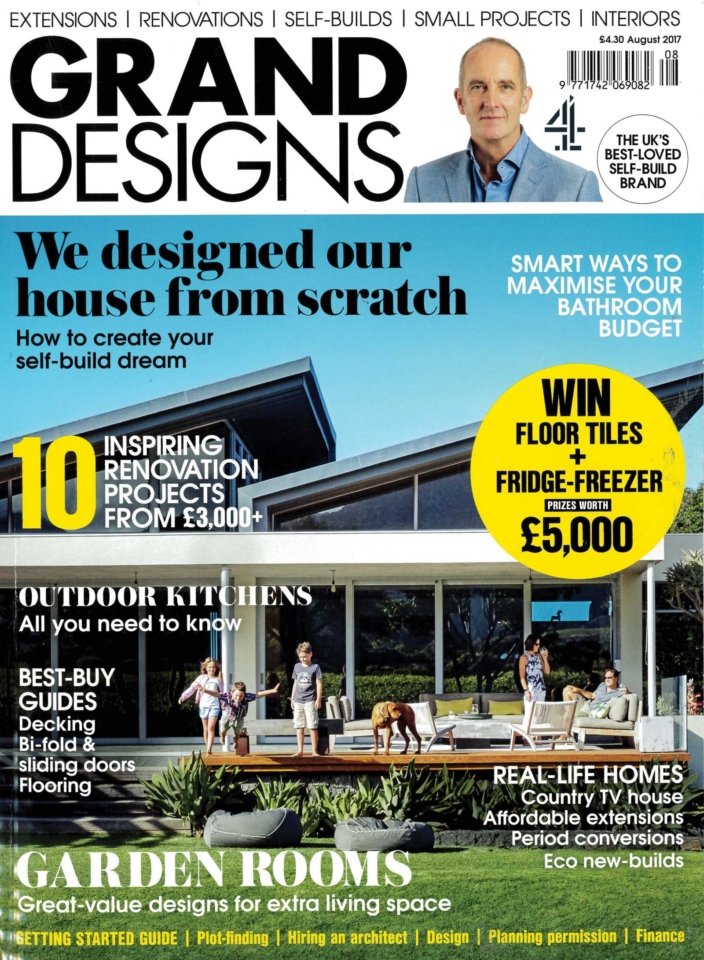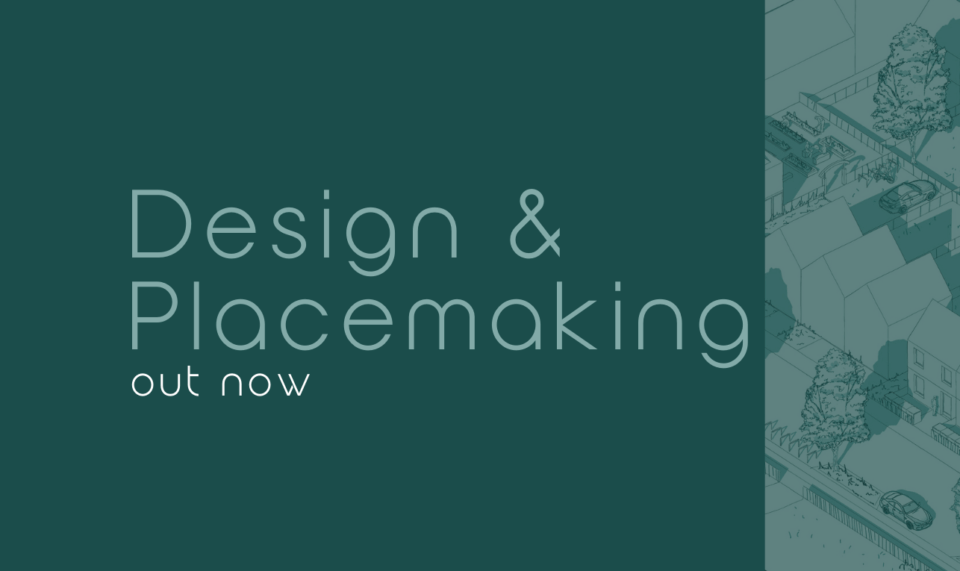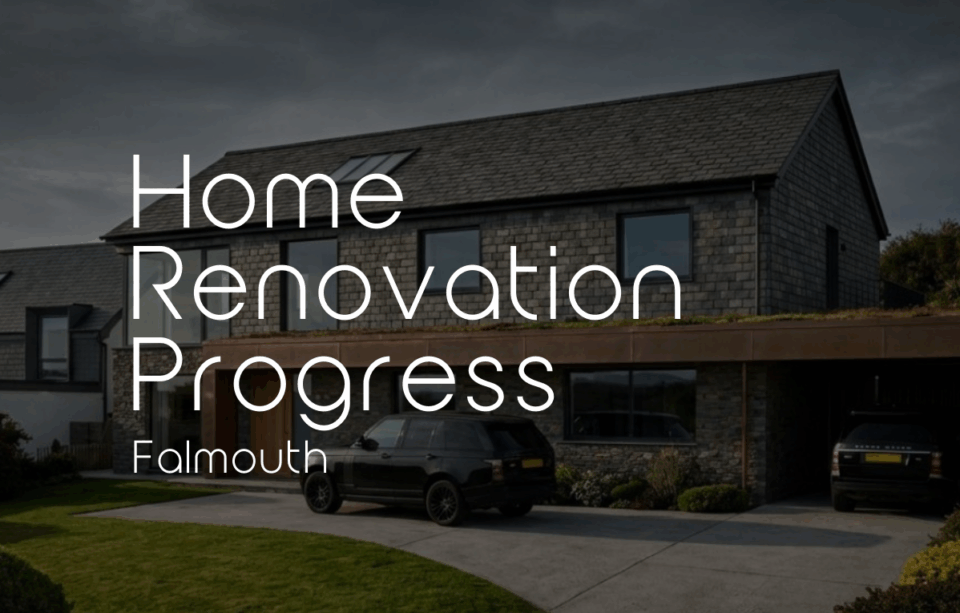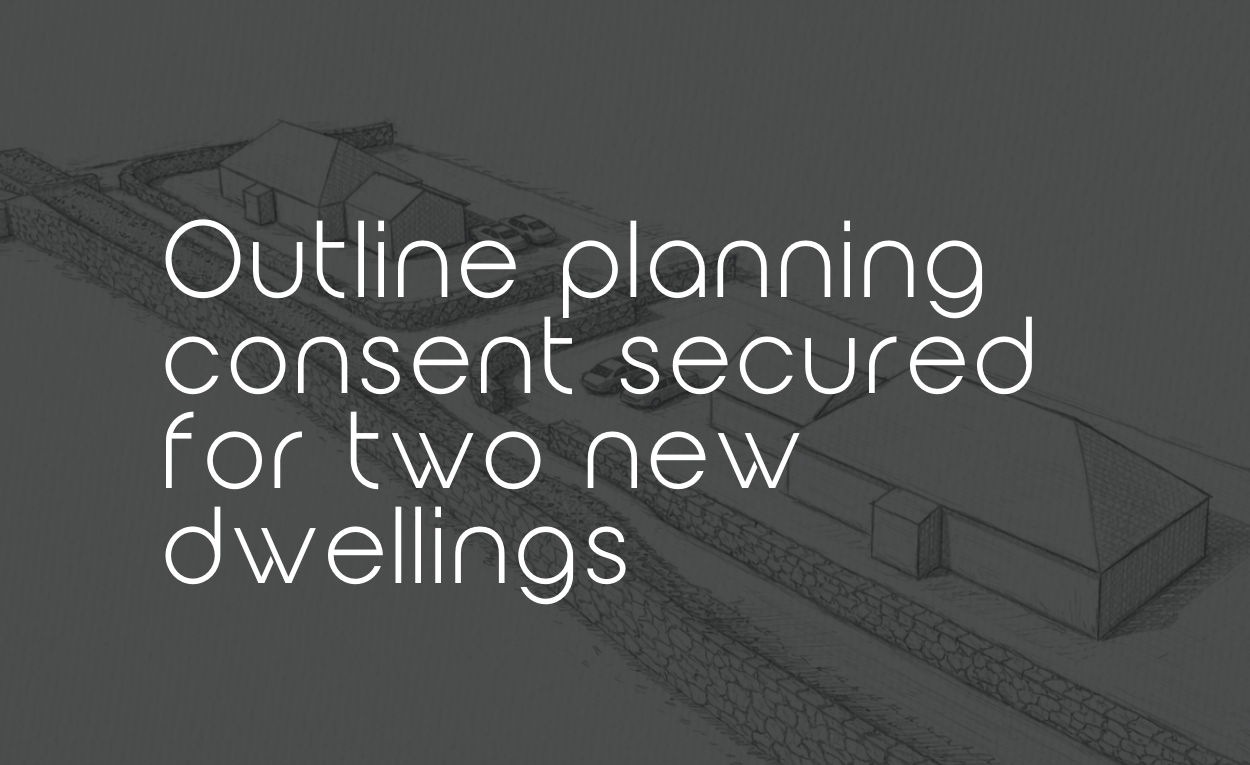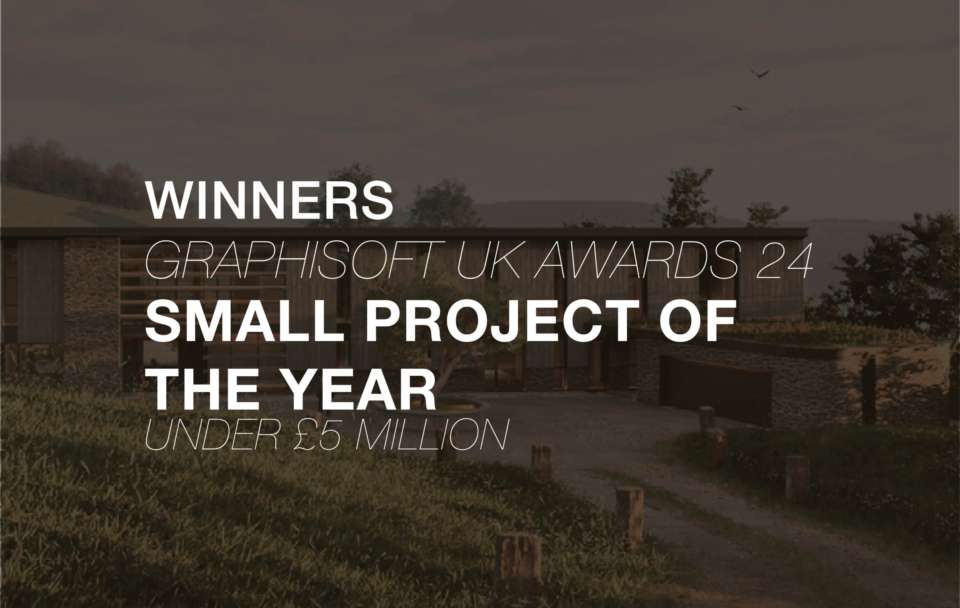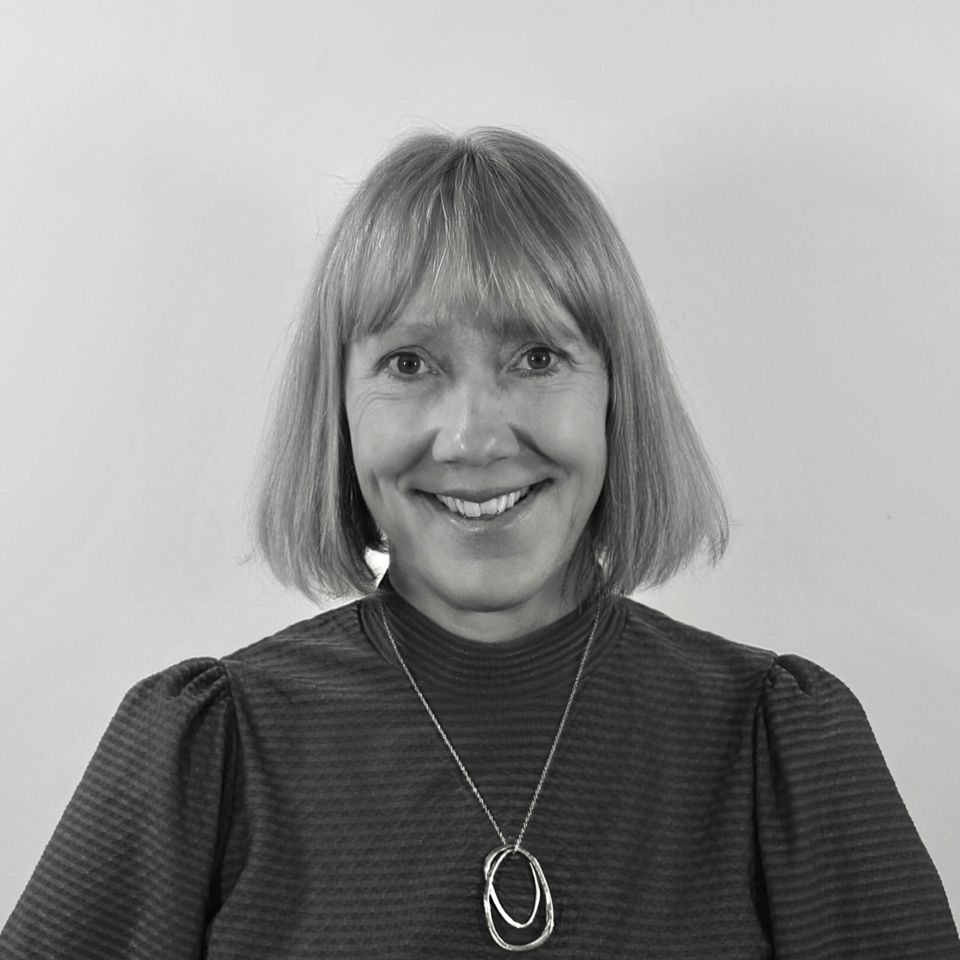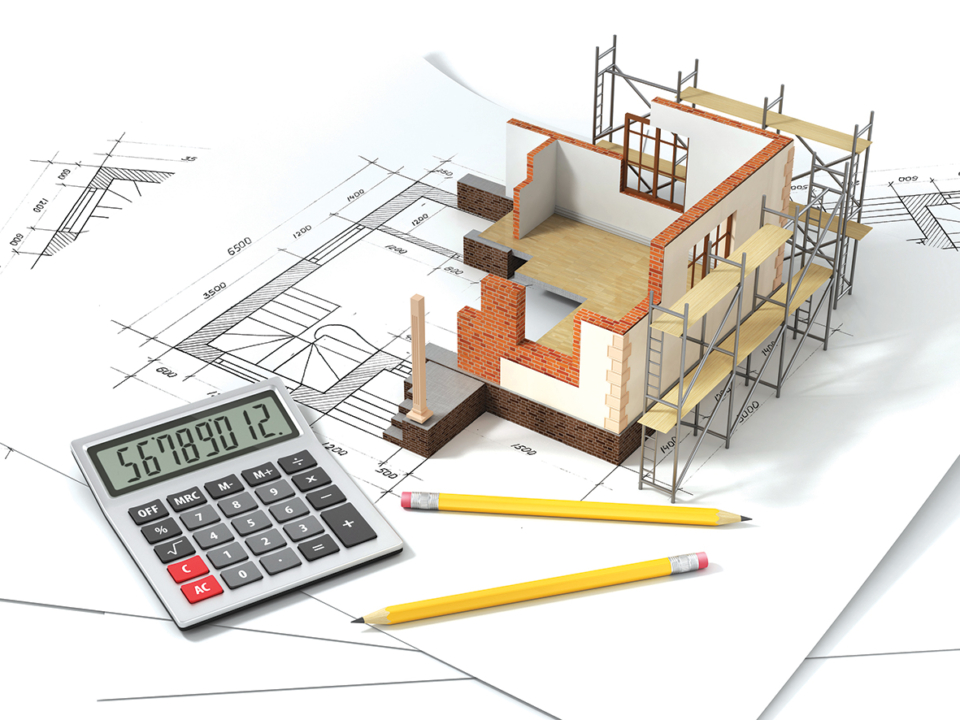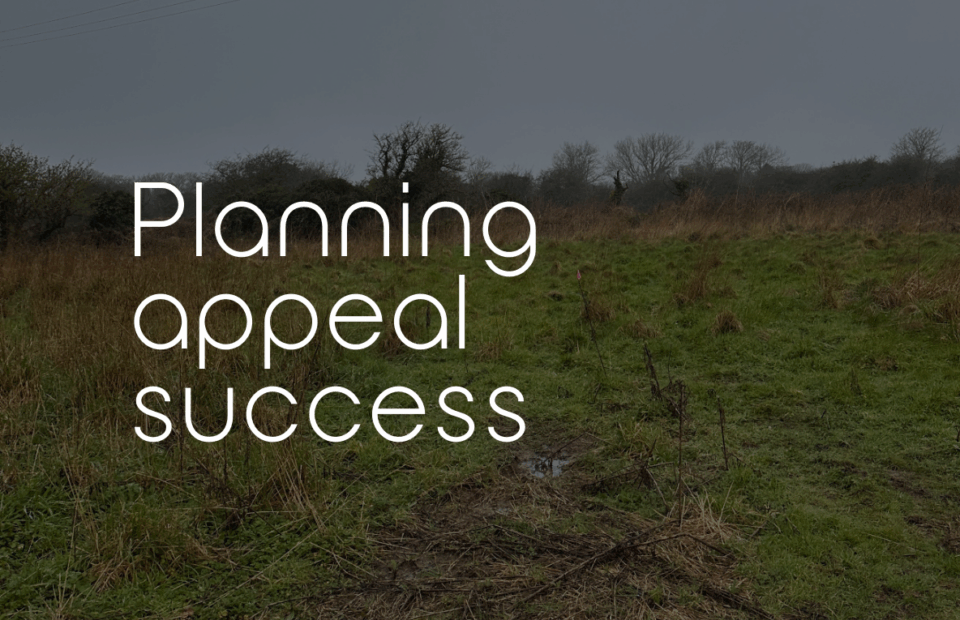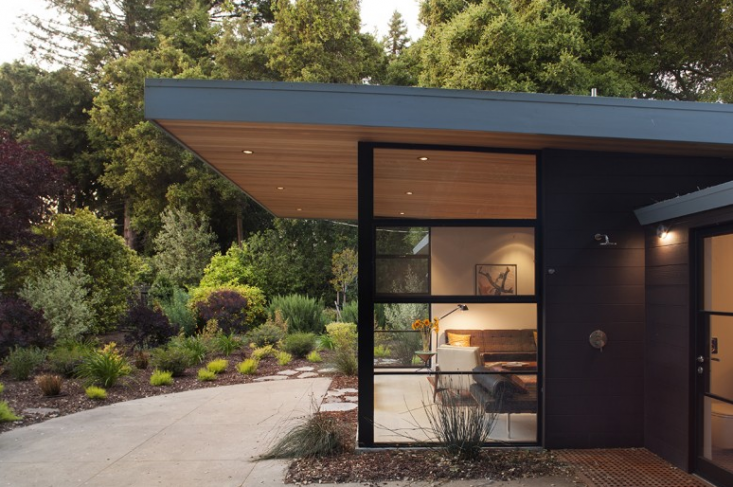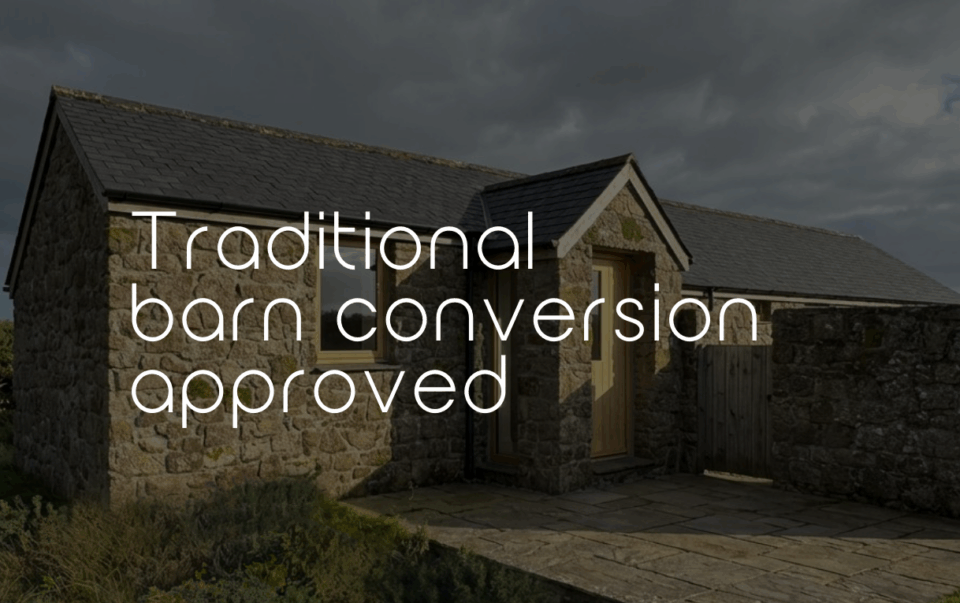Moving house is one of the most stressful things the majority of us will do in our lives. Fact. Doesn’t it follow, therefore, that stress levels will increase exponentially if you decide to build your own home? Yes and no.
For most of us, our homes will be our single largest lifetime expense, so why not aspire to have exactly what you want, rather than settling for one of the mass-produced off the-shelf identikit builds which proliferate in our countryside?
The Government appears to regard self-builds as the silver bullet to fix to the nation’s housing shortage and wants to double their number by 2020. Since April 2016, all local authorities in England have been legally required to keep a register of people on the lookout for building plots. Only time will tell whether it has any significant impact.
But despite growing up in an age where there are almost as many aspirational property shows on TV as there are channels to carry them, we are late to the self build party. The UK has the lowest rate of bespoke homes than any other European country. The figure currently stands somewhere between 7%-10% (around 13,000 homes a year), compared with 80% in Austria and 60% in France.
That said, most commentators agree that self builds are no longer the domain of the privileged few. According to the National Self Build Association, six million people in the UK want to build their own home and 100,000 subscribe to one of the main plot-finding websites.
Five reasons why you should self build
In our experience, there’s a plethora of convincing reasons for choosing to build. Here’s our top five:
1. A unique home.
Building from scratch will give you a bespoke, high quality home tailored to your individual requirements, rather than a generic developer-built property designed to appeal to a mass audience. It’s for the same reason that it’s likely to be easier to recoup more of your investment when you come to sell. When you build your own home, you’re starting with a blank canvas and can settle on a floor plan to suit your needs, as well as fixtures and fittings to match your tastes and budget. You can also incorporate additional green features, minimising its carbon footprint and reducing your energy bills.
2. More for your money.
It’s a cost-effective route to owning your own home. According to the National Custom and Self Build Association (NaCSBA), self builders can save up to 30% on the market value of buying an existing house.
3. VAT.
Labour costs on new builds are zero rated for VAT. Moreover, you can reclaim VAT on a number of building materials post completion. If you’re extending or renovating your home, you’ll pay VAT at 20% on everything.
4. Stamp duty.
You only pay stamp duty on the value of the land rather than the property. If you buy a plot for less than the current £125,000 threshold, you won’t pay any stamp duty, regardless of the market value of the finished house.
Beyond the threshold, the cost increases incrementally. For example, if you buy a property for £600,000, you’ll pay £20,000 in stamp duty.
5. Sense of achievement.
Building your own home entails sacrifice and hard slog, and most self builders end up renting accommodation or even living in a caravan on site throughout the construction period. It can be exhausting, daunting, risky and challenging. But, it’s also likely to be one of the most rewarding things you ever do. The confidence you gain may even encourage you to repeat the experience.
For first time buyers struggling to get a footing on the housing ladder to DIY enthusiasts inspired by Kevin McCloud, it’s an enticing proposition.
Kevin McCloud says: “In the past we have built some of the poorest performing, most expensive and smallest homes in Europe. That’s not something to celebrate.
“Self build is seen as a long, difficult and self- sacrificing process. But with the right planning, help and support it can be enjoyable and – on collective schemes – empowering.”
So what are the stumbling blocks? Issues with finding a suitable plot, securing finance, a lack of consumer confidence due to economic uncertainty, planning restrictions and red tape are enough to dissuade many of us.
You need patience, certainly. Finding the right plot for you will take time. There will be planning hoops to jump through. Again, this process doesn’t happen overnight. But you need to keep your eye on the prize: a distinctive home which reflects your vision, meets your budget and suits your family’s changing needs.
